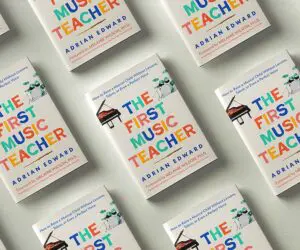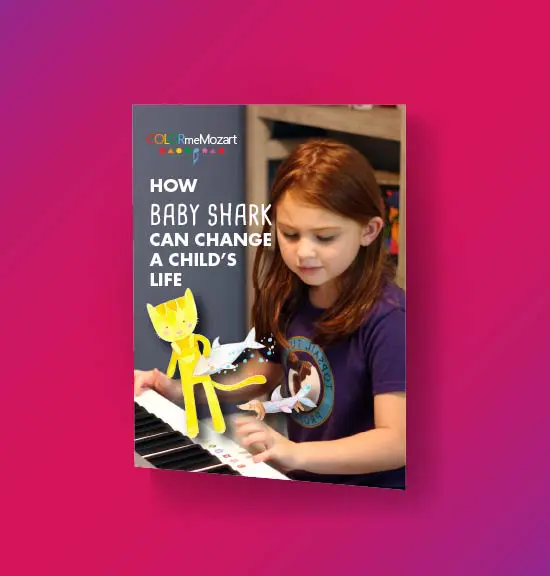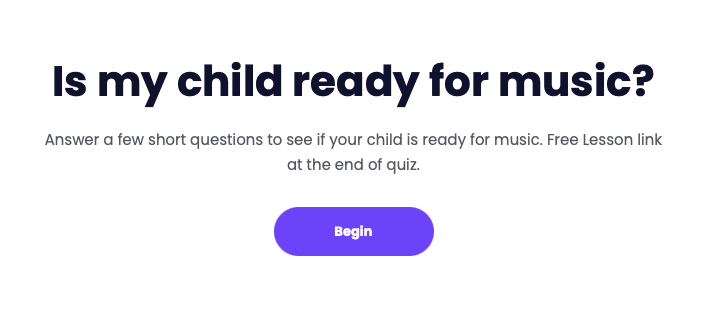Music has long been recognized as a universal language, capable of bridging gaps between cultures and generations. Its presence in the home is not just a source of entertainment but also a powerful tool for education and emotional development. For families engaged in homeschooling, incorporating music into daily routines can enhance the learning experience in myriad ways. In this blog post, we’ll explore the importance of music in the home, particularly focusing on how it benefits homeschool environments.
Introduction to Homeschool Music
Homeschooling offers a unique opportunity to tailor education to fit the specific needs and interests of each child. While academic subjects like math, science, and language arts are typically prioritized, integrating music into your homeschool curriculum can provide significant educational and emotional benefits. The keyword “homeschool music” encompasses various aspects, including structured music lessons, informal musical activities, and the general presence of music in the home environment.
Cognitive Benefits of Homeschool Music
Enhancing Memory and Learning
Music has a profound effect on memory and learning capabilities. Studies have shown that music can help improve memory retention and recall. For example, learning to play an instrument requires the memorization of notes, rhythms, and melodies, which in turn strengthens overall cognitive functions. In a homeschool setting, incorporating music can make learning more engaging and effective. Singing educational songs, using music as a mnemonic device, and exploring musical notation can all enhance a child’s ability to retain and recall information.
Developing Critical Thinking Skills
Learning music involves understanding complex patterns and structures, which can enhance critical thinking skills. Children who study music are often better at problem-solving and analytical thinking. These skills are transferable to other academic subjects, making homeschool music an invaluable part of a well-rounded education. Whether through composing music, analyzing song lyrics, or studying music theory, children develop the ability to think critically and creatively.
Emotional and Social Benefits of Music in Homeschooling
Building Emotional Intelligence
Music is a powerful medium for expressing and understanding emotions. For homeschoolers, engaging with music can help develop emotional intelligence. Listening to different genres of music, discussing how certain pieces make them feel, and expressing themselves through playing instruments or singing can foster a deeper understanding of their own emotions and those of others. This emotional awareness is crucial for developing empathy and strong interpersonal relationships.
Enhancing Social Skills
While homeschooling can sometimes limit social interactions, music can create opportunities for social engagement. Joining local homeschool music groups, participating in virtual music classes, or collaborating with other homeschooling families for musical activities can help children develop important social skills. These activities encourage teamwork, communication, and cooperation, which are essential for overall social development.
Practical Ways to Integrate Music into Homeschooling
Formal Music Education
One of the most straightforward ways to incorporate homeschool music is through formal music education. This can include enrolling your child in private music lessons for an instrument of their choice, or hiring a music tutor to come to your home. The only limitation of formal lessons is that it does not provide an experience the family can enjoy together.
Informal Musical Activities
In addition to formal lessons, informal musical activities can be just as beneficial. Here are some ideas:
- Morning Sing-Alongs: Start the day with a sing-along to set a positive tone.
- Music Appreciation Hours: Dedicate time to listening to various genres of music and discussing their history and impact.
- Family Band: Encourage family members to play different instruments and create a family band. This can be a fun and bonding experience.
- Music and Movement: Integrate music with physical activities, such as dancing or rhythmic exercises, to combine physical education with musical education.
Integrating Music into Other Subjects
Music can also be integrated into other homeschool subjects to create a more interdisciplinary approach:
- History: Study the music of different historical periods and cultures to gain a deeper understanding of those times.
- Literature: Analyze the lyrics of songs and compare them to poetry and prose.
- Math: Explore the mathematical aspects of music, such as rhythm patterns and scales.
- Science: Investigate the physics of sound and how musical instruments work.
Creating a Musical Environment at Home
Designated Music Space
Creating a designated space for music activities can help set the stage for musical learning. This doesn’t have to be a separate room; it can be a corner of a room with musical instruments, sheet music, and comfortable seating. Having a dedicated space can make it easier for children to focus on their musical education.
Encouraging Musical Exploration
Encourage your children to explore different types of music and instruments. Allowing them the freedom to choose what they are interested in can foster a lifelong love of music. Attend concerts, watch musicals, and expose them to a variety of musical genres to broaden their horizons.
Conclusion: The Lasting Impact of Homeschool Music
Incorporating music into your homeschool routine can provide countless benefits. It enhances cognitive abilities, builds emotional intelligence, and fosters social skills. By integrating formal music education, informal musical activities, and interdisciplinary approaches, you can create a rich and engaging learning environment. A musical home is not just a place where education happens; it’s a place where creativity, joy, and a lifelong love of learning can flourish.
The importance of music in the home, especially in a homeschool setting, cannot be overstated. It enriches the educational experience, making learning more engaging and enjoyable. So, tune in, turn up the volume, and let the music play a central role in your homeschool journey.





